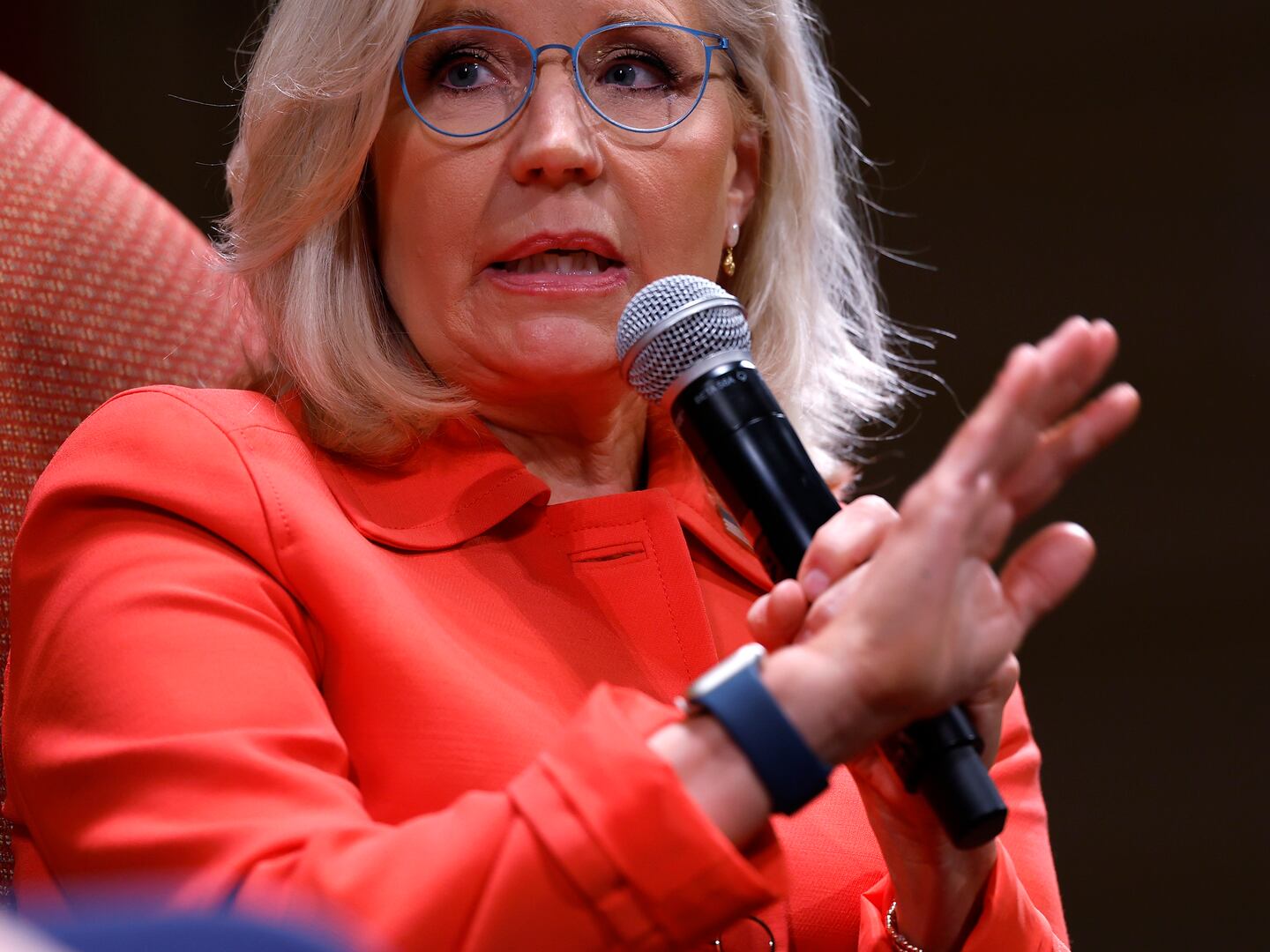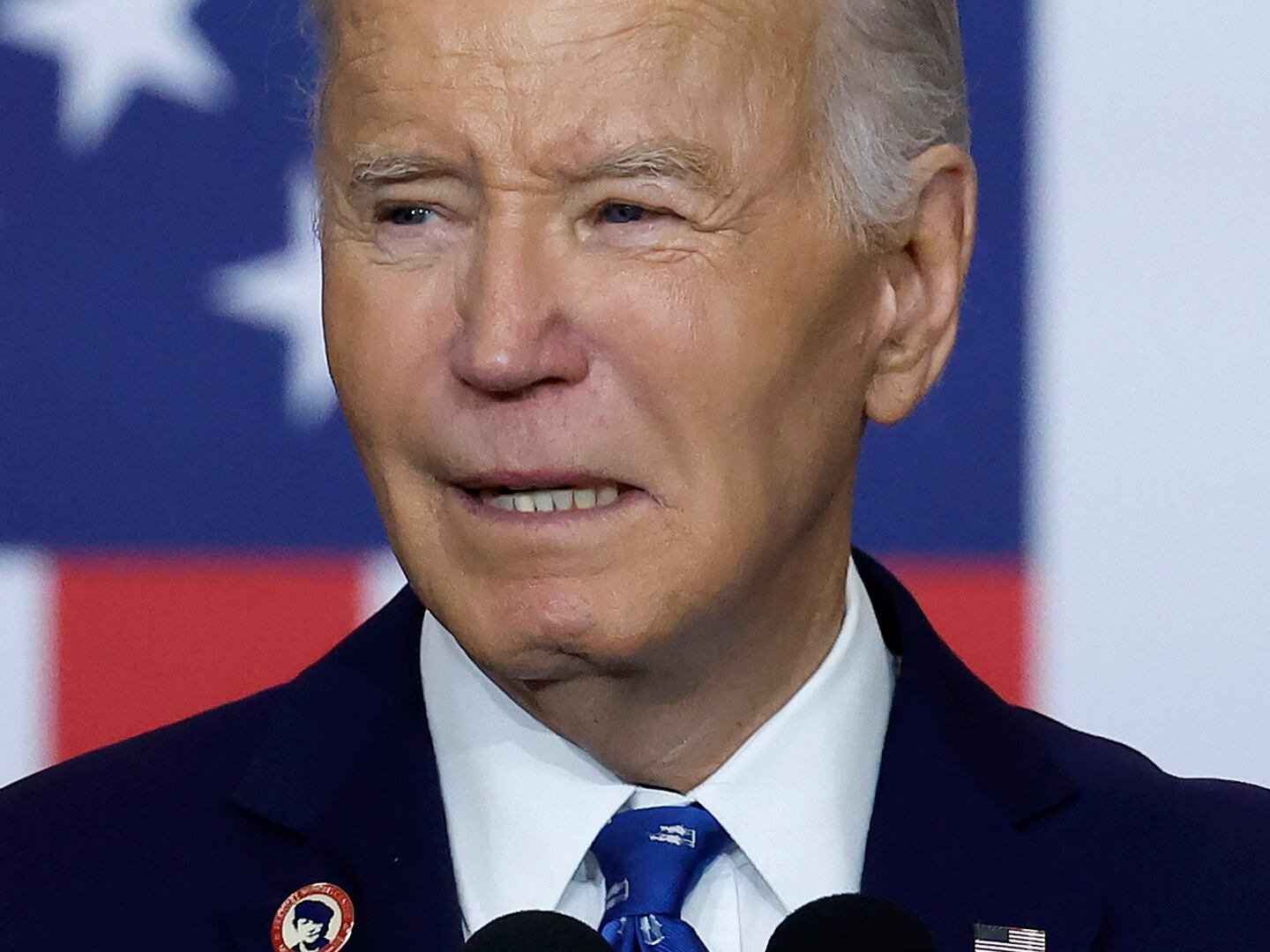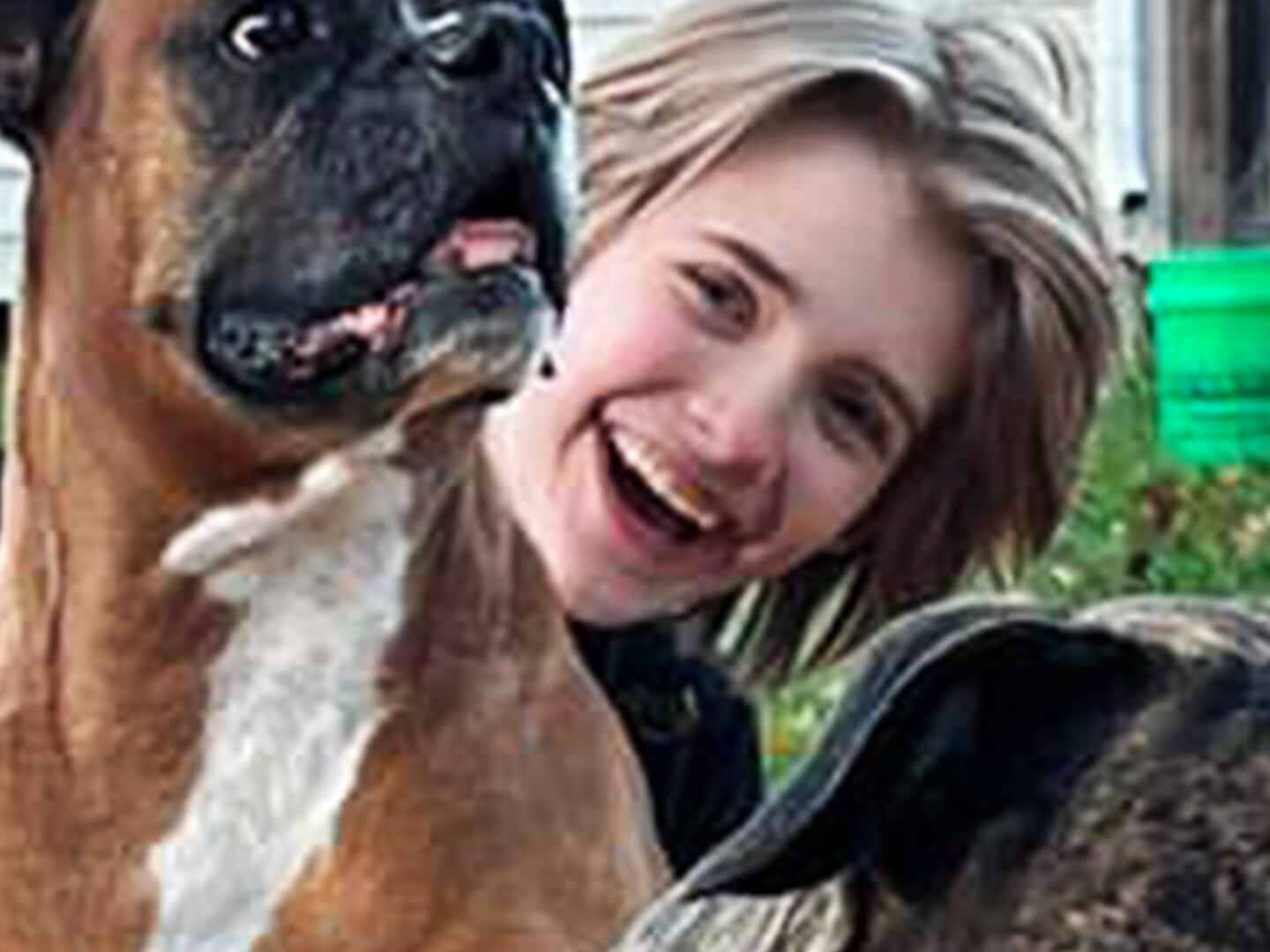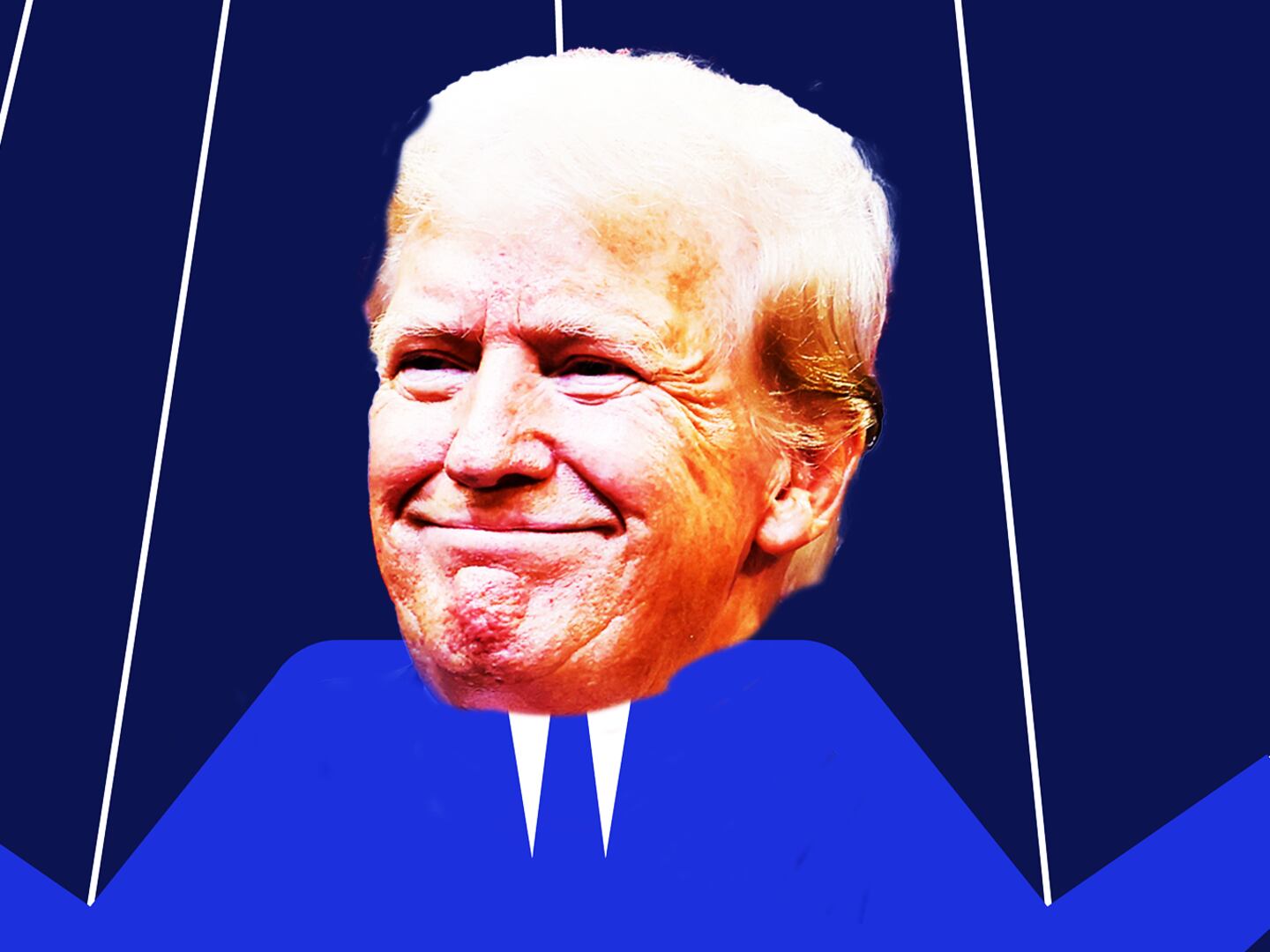Trumpland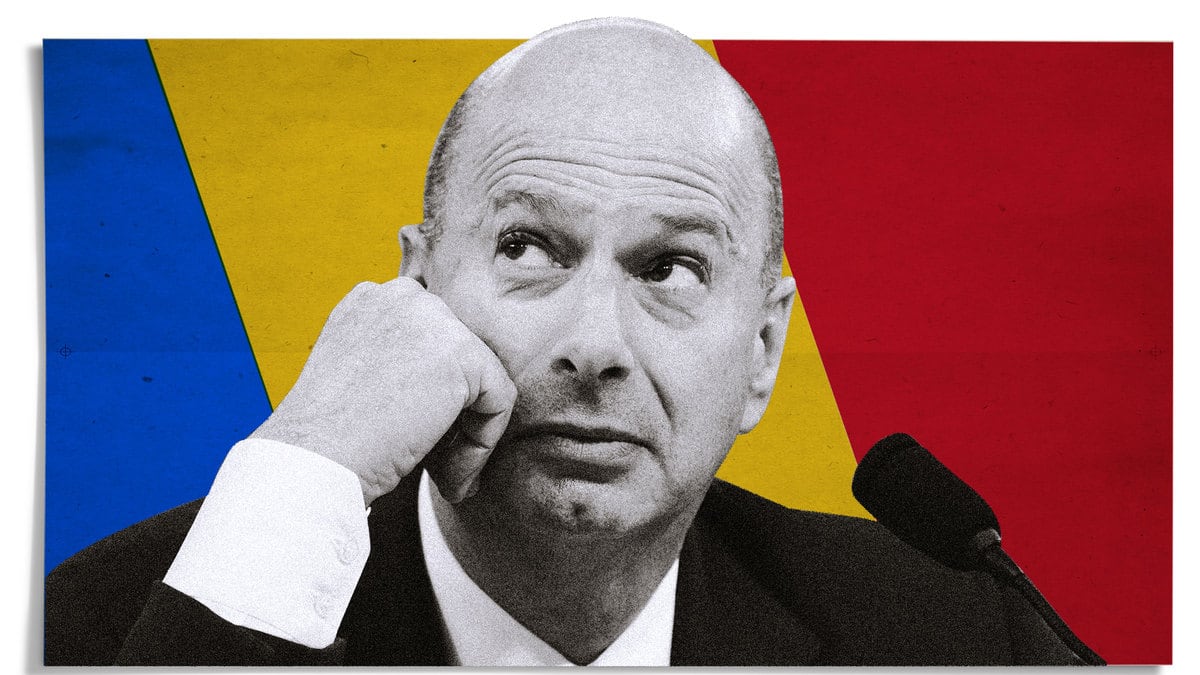
Photo Illustration by The Daily Beast/Getty
Sondland’s Ties to Romanian Official Set Off Alarms at National Security Council
NOT JUST UKRAINE
Sources say the ambassador grew increasingly close to a Romanian politician with a worrisome record on corruption.
exclusive



